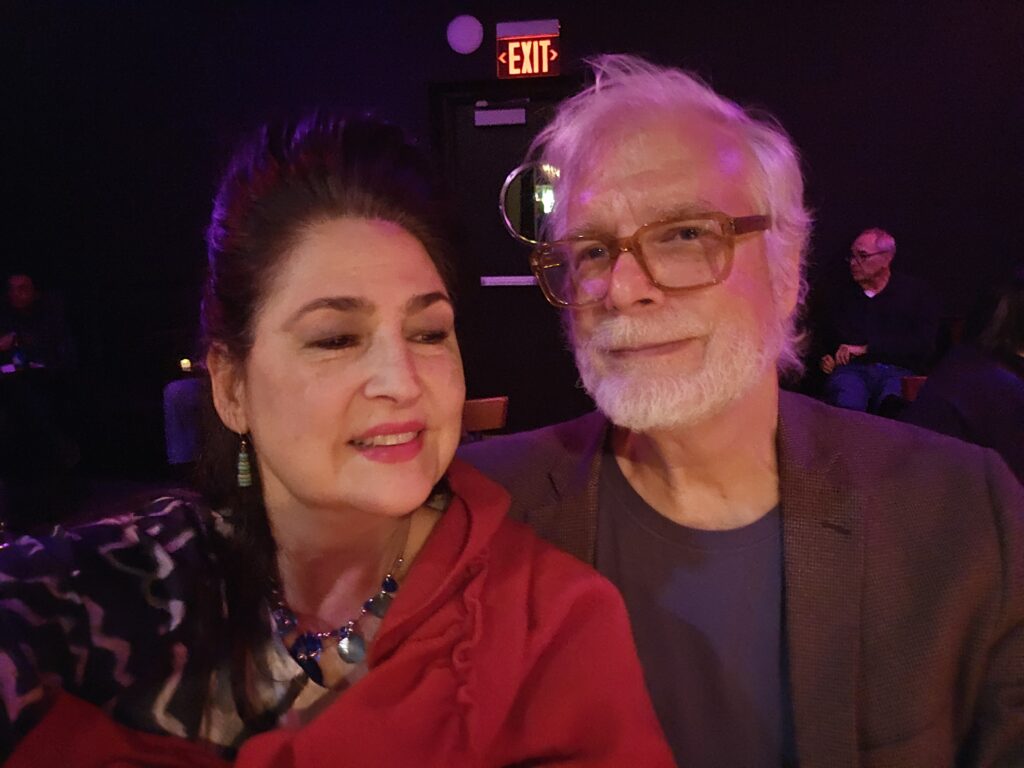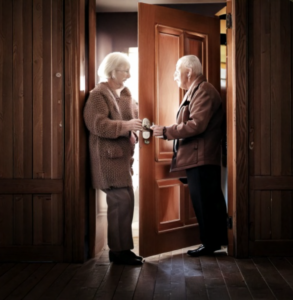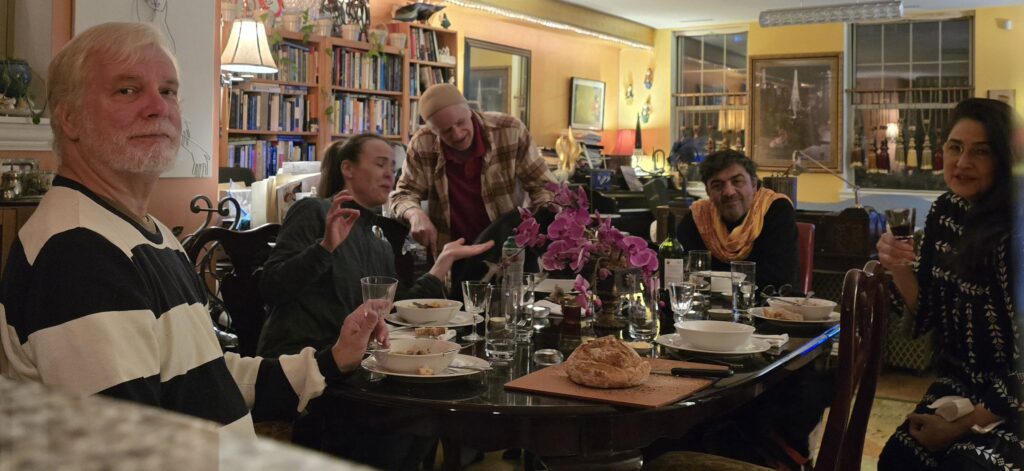Of course, having extra income is a return for the sacrifice of homestay hosting. Of course, you come away with a sense of pride in a job well done as a shared housing professional. But what ‘unintended consequences’ can be enjoyed for truly wining and dining your guests? If you’re our age, it’s avoiding dementia. Memory loss is not inevitable. Homesharing keeps things interesting. Studies have proven that a varied social life and changing up one’s routines can fend off the advance of memory loss. Mayo Clinic and Harvard back this up.

So, does that mean taking up a new hobby like crossword puzzles? Or is it just a matter of choosing different routes on the way home? Well, it’s both. But maintaining neuroplasticity can be fun in ways one might not expect.

Michael and I routinely enjoy outings with our guests. Surely, more often than not, the time spent together is at the dining table at home. And even that constitutes a change in routine along with fresh social stimulation. But taking visitors out for ice cream or sharing the tab for Chicago deep-dish pizza is not uncommon for us. That also has the effect of breaking up the monotony while spending time engaging with others, therefore succeeding in slowing down memory loss. Still, we could up our game and do the unexpected: An escape room.
The Benefits of Getting Lost and Confused
According to Harvard Health, the kind of “immersive problem solving” required in playing through a fantasy dilemma such as what happens in an escape room can boost cognitive fitness. Chicago has one such opportunity (among many) that has earned national recognition for providing hours of youthful fun. But as 60-somethings, we could get into escape room activities for slowing the advance of memory loss, especially during months when it’s too cold to explore the outdoors.
And what about geocaching when the weather’s right? Scavenger hunting sounds like a hoot. Harvard suggests that playing a game of treasure hunt offers mental stimulation that could interfere with the onset of dementia.
One thing we do naturally is head out to unknown places. If we offer a ride to a lodger whose destination is not easy on public transportation, it invariably turns into a navigational exercise as we explore the territory. If we’re with the dogs, we eagerly accept the challenge of finding a pet-friendly taproom like those in the suburbs. It may not be the sophisticated navigational challenge of “orienteering,” but we’re not looking to break an ankle. We’re just in it for a change of scenery and a little fun. If we get a cognitive workout while we’re at it, and if our house guest banks some special memories, all the better.

